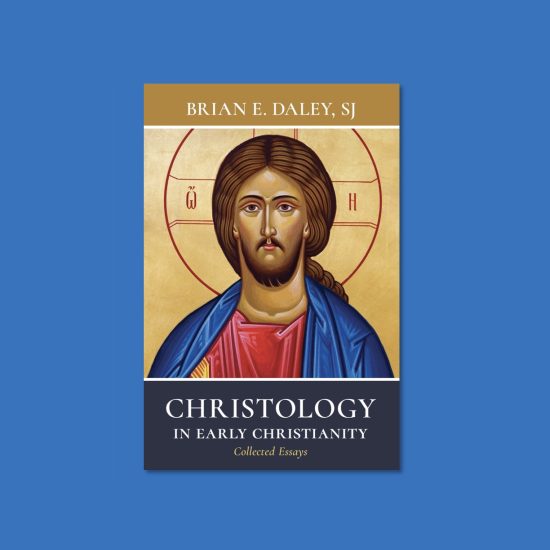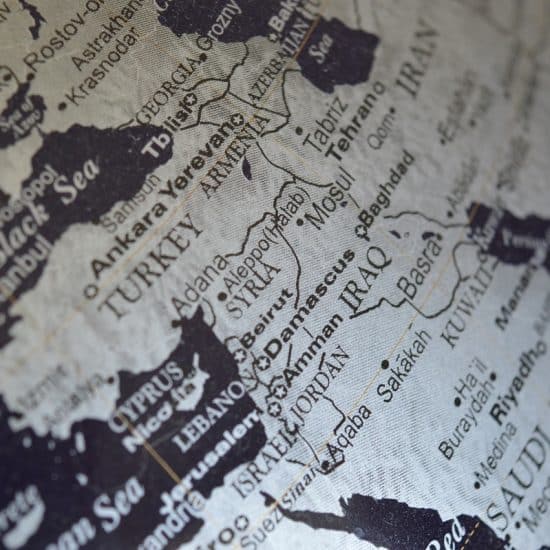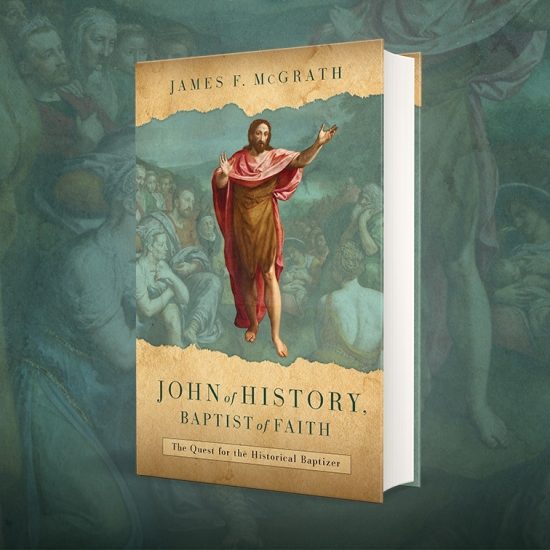The Gospel of John records a rather direct request from Jesus during his crucifixion. In the New International Version, John 19:26-27 reads like this:
When Jesus saw his mother there, and the disciple whom he loved standing nearby, he said to her, "Woman, here is your son," and to the disciple, "Here is your mother." From that time on, this disciple took her into his home.

Bill Webb
|
Jesus told his mother she would now regard the beloved disciple – presumably John himself – as her son and that this disciple would treat Mary as his mother. The verses assure readers that the disciple faithfully carried out the request: "From that time on, this disciple took her into his home."
This strategy of entrusting important and critical things to those left behind was central to Christ's coming and to his home-going following the resurrection. Indeed, it was central to his message, his ministry and his very purpose.
Entrusting is something best done with caution and care – sometimes even with fear and trembling. Parents are wisely hesitant to place their children in the care of just any person, even for a short period of time. Entrusting any individual with such precious cargo is done only when the highest of trust levels is present.
Wise business owners entrust aspects of their companies to managers and other employees only after intense scrutiny involving multiple-level referencing and appropriate background checks.
Wise churches do the same before they entrust the physical, emotional and spiritual care of their congregations into the hands of ministers. They are appropriately careful about who will represent them as leaders to the greater community in which the congregations ministers.
Entrusting responsibility to others is a task taken lightly only by fools, and irresponsible fools at that. The news is littered with tragic accounts of children left in the hands of those who did them harm, of businesses looted by greedy and unprincipled employees, and congregations abused by wolves in sheep's clothing.
The reader of this biblical encounter between Jesus, Mary and this disciple might wonder why Jesus had not already made provision for the care of his mother. From the cross, he seemed to be cutting this decision rather close.
This was hardly casual "entrusting." This was Jesus' mother. Perhaps he looked down to from the cross and noticed that his brother wasn't there for his mother during this agonizing moment but that this beloved disciple was already present and ministering to the woman in her unfolding grief.
Perhaps only then did Jesus know to whom his mother's care should be entrusted. Important decisions take time.
Jesus had even more entrusting to do.
Following the resurrection, he firmed up the entrusting of the gospel itself to the disciples and others. They had been taught what to do because they had been shown truth in the life of Jesus. It would be a little later before they were truly empowered to handle the gospel message in such a way that it was allowed to take root and flourish.
The disciples had taken a three-year crash course in taking on high-level spiritual responsibilities. They had started small, listening to the teacher. Reaching a level of sufficient trust had taken time.
Even then, they sometimes failed the trust-test, prompting some to wonder if Jesus had decided wisely after all. But they stuck with the responsibility, even when threatened with injury and death.
Those in the Christian fellowship today haven't seen the Savior face to face, but we have been entrusted with God's business nonetheless. We too have been entrusted with the gospel and all it entails – telling the story of redemption and ministering to widows, children, the hungry, the poor, the imprisoned, the sick, the grief-stricken, the self-proclaimed enemies of God and fellow followers of Christ.
It is good to be trusted by God with significant responsibilities. But it is not for the feint of heart; we all can agree on that. In the final analysis, it is not so much a matter of "doing" as it is a matter of "being." Knowing what we are and whose we are propels us to "do" God's will.
Thankfully, that hasn't changed.
Bill Webb is editor of Word&Way.






